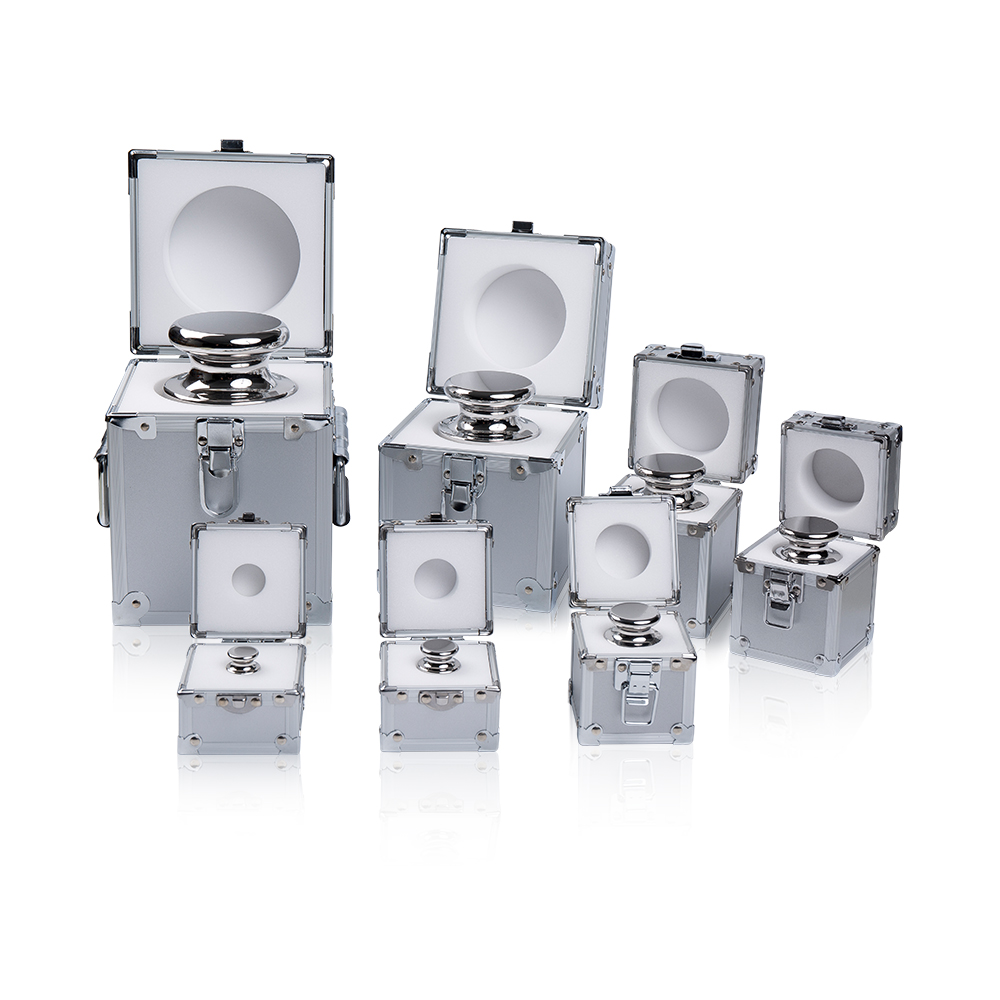In the production and verification of laboratory calibration weights, several quality control measures are typically employed to ensure accuracy and reliability. These measures can include:
Material Selection and Traceability:Calibration weights are often made from materials with known densities and stability, such as stainless steel, brass, or special alloys. The materials used must have consistent properties to maintain accuracy.
Traceability ensures that the material used can be traced back to a recognized standard, ensuring consistency and reliability.
Precision Manufacturing:Calibration weights are manufactured with high precision machining techniques to achieve exact dimensions and weights.
CNC (Computer Numerical Control) machining is commonly used to ensure accuracy in shaping and finishing.
Calibration During Production:During production, calibration weights are often calibrated against reference standards to verify their accuracy.
Statistical process control (SPC) techniques may be employed to monitor production variability and ensure that weights meet specified tolerances.
Weight Certification:Each calibration weight typically comes with a certificate of calibration that includes detailed information about its accuracy, traceability to standards, and the conditions under which it was calibrated.

Environmental Controls:Production facilities may control environmental factors such as temperature and humidity to minimize their impact on weight stability and accuracy.
Testing and Verification:Finished calibration weights undergo rigorous testing and verification processes to ensure they meet specified accuracy tolerances.
This can include testing for stability over time, repeatability in measurements, and alignment with international standards.
Documentation and Record-Keeping:Comprehensive documentation is maintained throughout the production process, detailing materials used, manufacturing processes, calibration results, and any deviations or corrective actions taken.
Audits and Inspections:Periodic audits and inspections of production facilities and processes may be conducted by regulatory bodies or independent organizations to ensure compliance with standards and regulations.
These quality control measures are crucial to producing calibration weights that are reliable, accurate, and traceable, meeting the stringent requirements of laboratories and industries where precision measurement is essential.

 English
English















